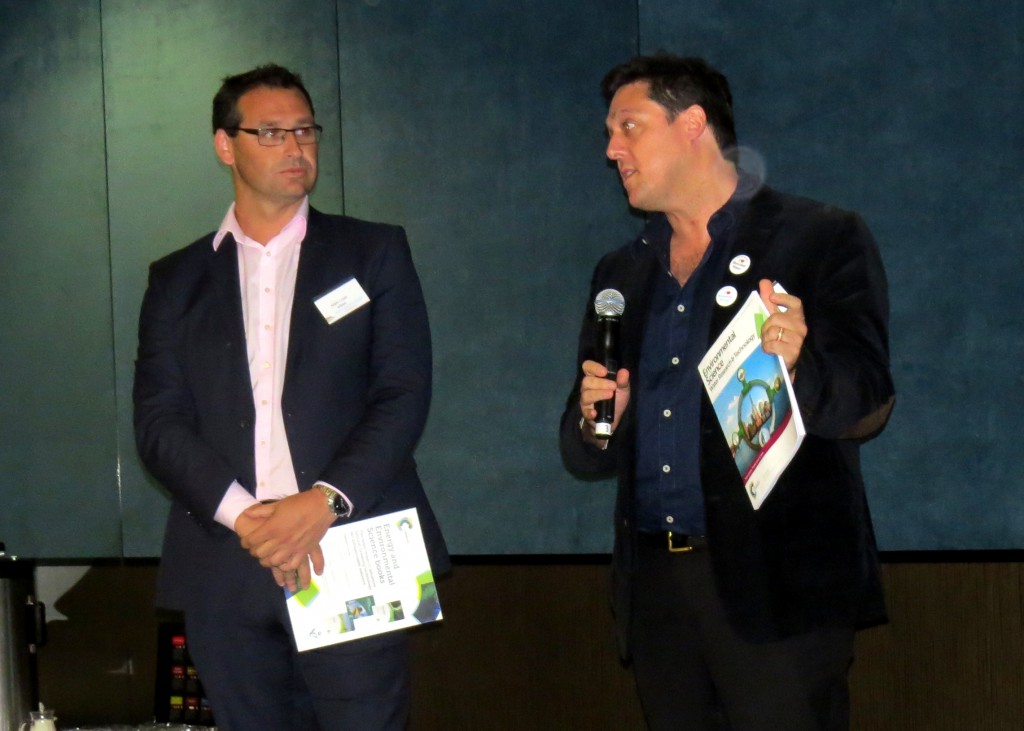Urgent action is needed to combat the climate emergency and associated impacts – and across the world, our community are collaborating to address UN Sustainable Development Goals (SDGs).
We have put together a collection of leading content on clean water and sanitation from across our energy and environmental science journals. This diverse collection features work on wastewater treatment and disinfection, water resource recovery and monitoring water quality – vital technologies that will help us to improve access to sustainable water for all and address SDG 6.
Read on to discover this exciting collection, featuring:
Opportunities for nanotechnology to enhance electrochemical treatment of pollutants in potable water and industrial wastewater – a perspective by Paul Westerhoff et al.
The potential contribution of urine source separation to the SDG agenda – a review of the progress so far and future development options by Tove A. Larsen et al.
A case study on tap water quality in large buildings recommissioned after extended closure due to the COVID-19 pandemic by Maryam Salehi et al.
A flexible copper sulfide composite membrane with tunable plasmonic resonance absorption for near-infrared light-driven seawater desalination by Zhenmin Xu, Shiping Yang, Zhenfeng Bian et al.
Join us in tackling the climate crisis and contribute to our cross-journal collection showcasing research advancing UN SDGs
The principles of the UN SDGs align closely with our own – to help the chemical science community make the world a better place. So that we can achieve this, we are curating a cross-journal collection across our energy and environmental science journals.
This collection will cover studies which advance our understanding of the climate situation, and present new technologies & innovations to combat climate change – inclusive of environmental engineering, materials science, energy science disciplines and beyond.
We invite you to publish your next paper in this collection – quote ‘XXSDG0622’ when submitting your manuscript. You can put your trust in both our rigorous peer review process and fast times to publication – which are less than 9 weeks after submission across all our journals.
If you have some exciting results to publish on these topics, we would be delighted to hear from you – we are also very happy to guide you on which RSC journal would be the most appropriate for your paper.



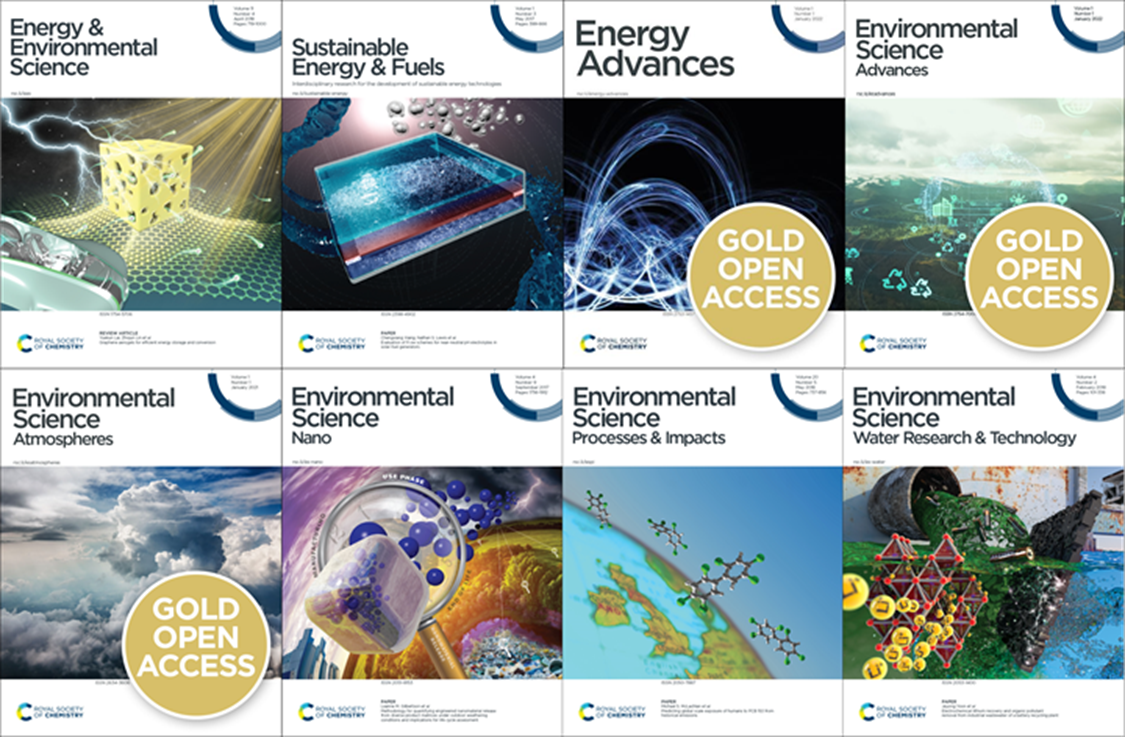












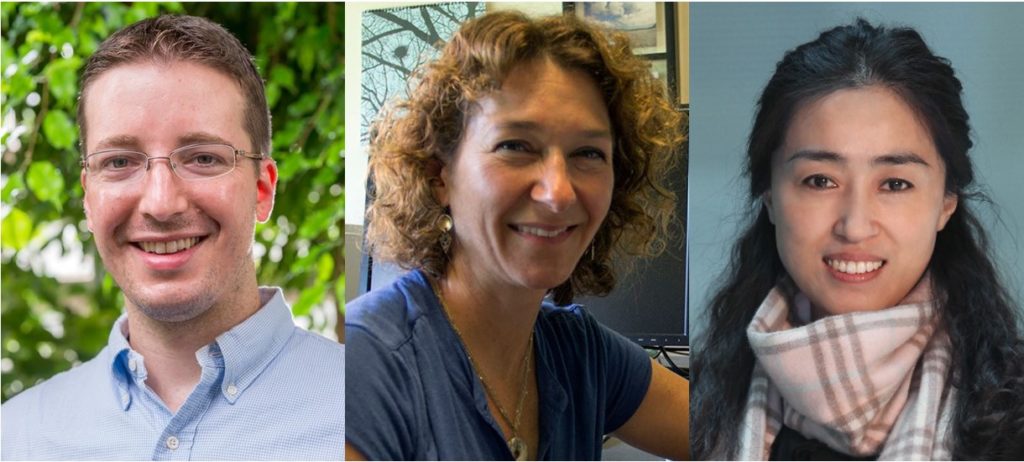

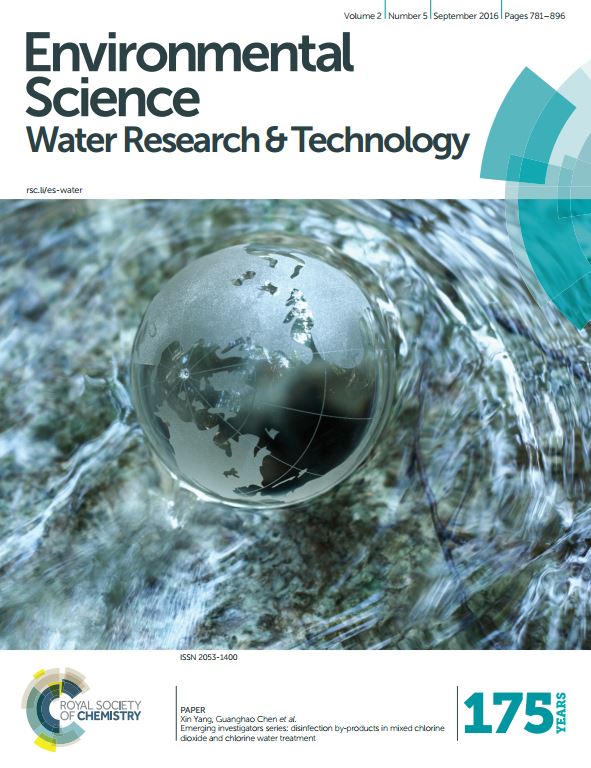
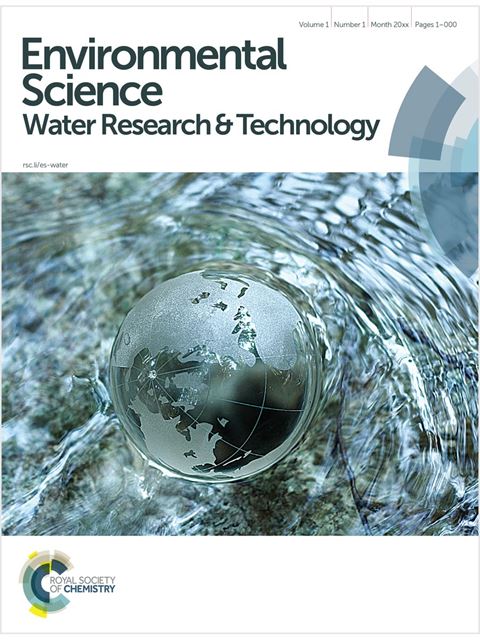 2015 has been a successful first year for
2015 has been a successful first year for 